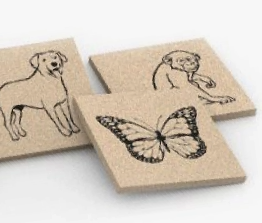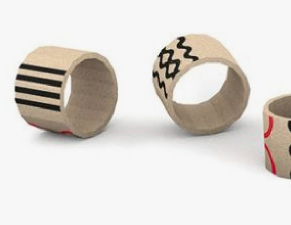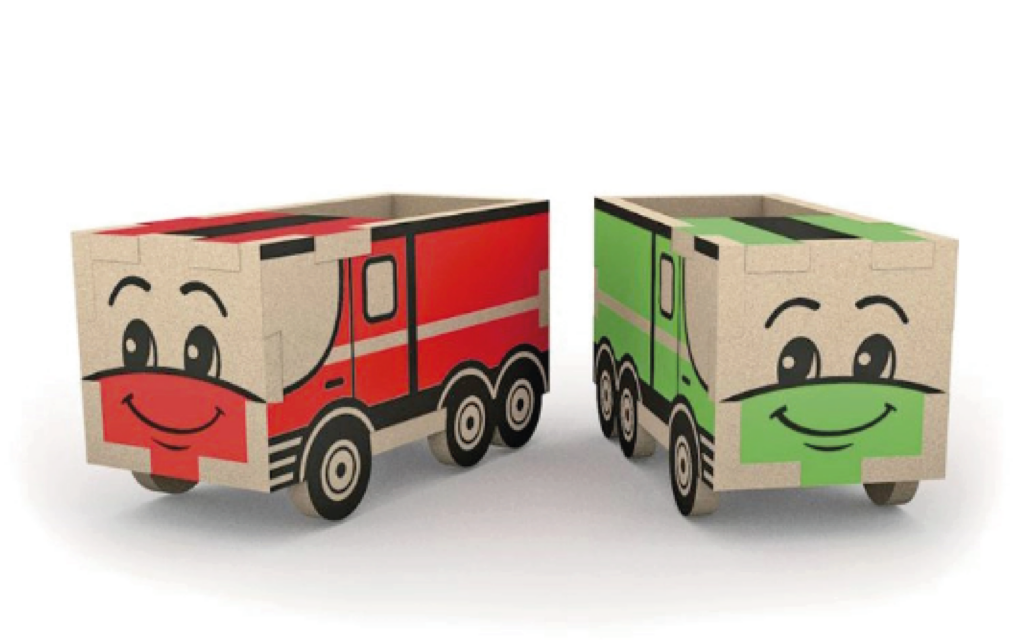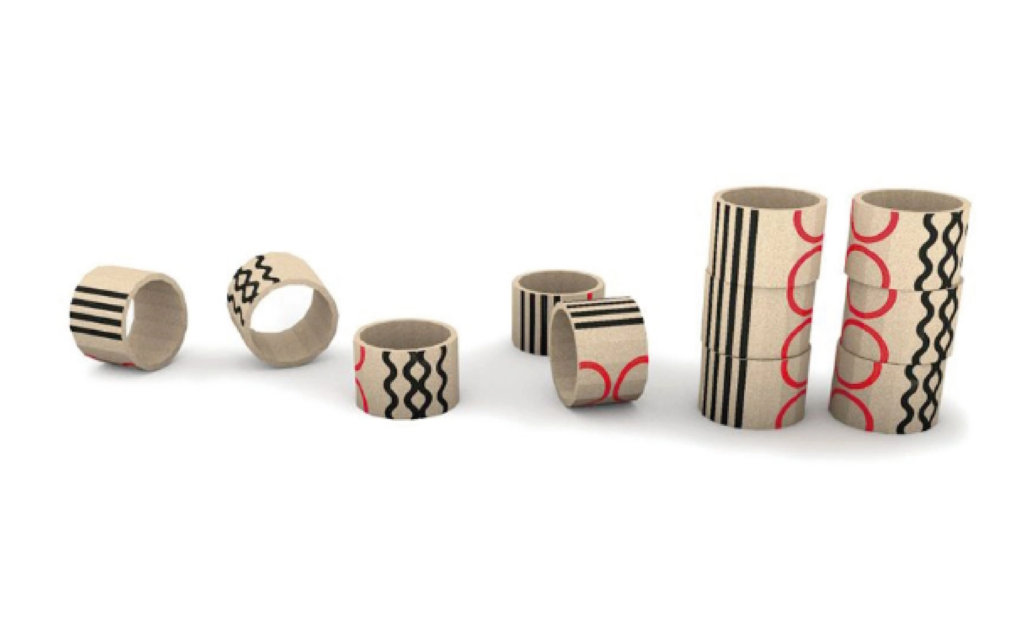Eat & Play Box Concept
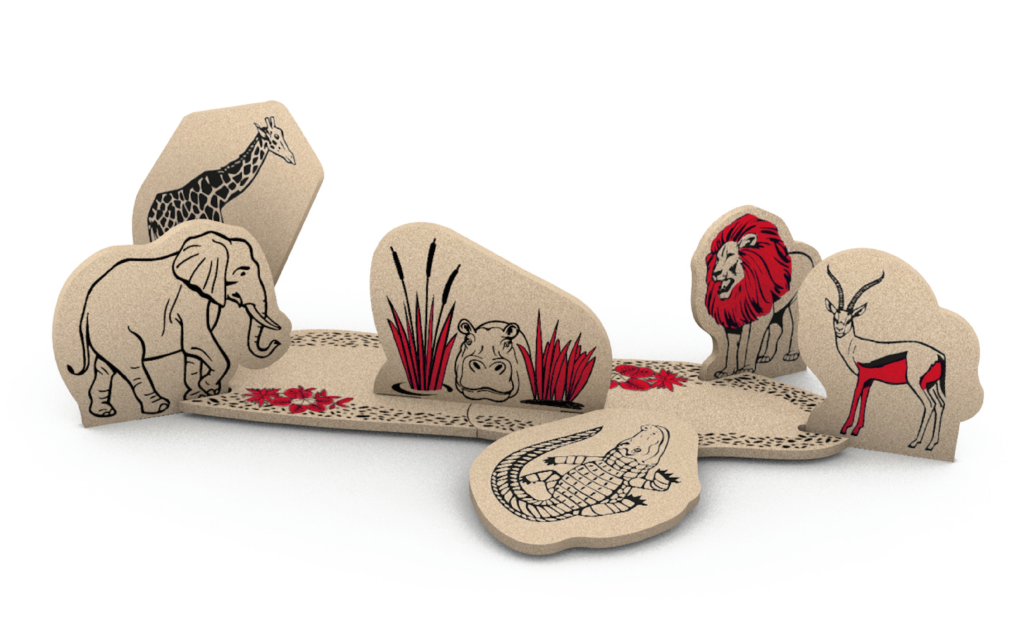
Developed by Nutriset in 2019, Eat & Play Box is an eco-friendly, fun, and smart packaging solution that transforms into toys, stimulating children’s cognitive and socio-emotional development while helping reduce the long-term effects of malnutrition.
Designed for humanitarian actors and health workers in the field, this innovation enhances the effectiveness of nutritional solutions in both the treatment and prevention of malnutrition.
Widely embraced by clients, this pioneering concept is now being deployed by UNICEF.
